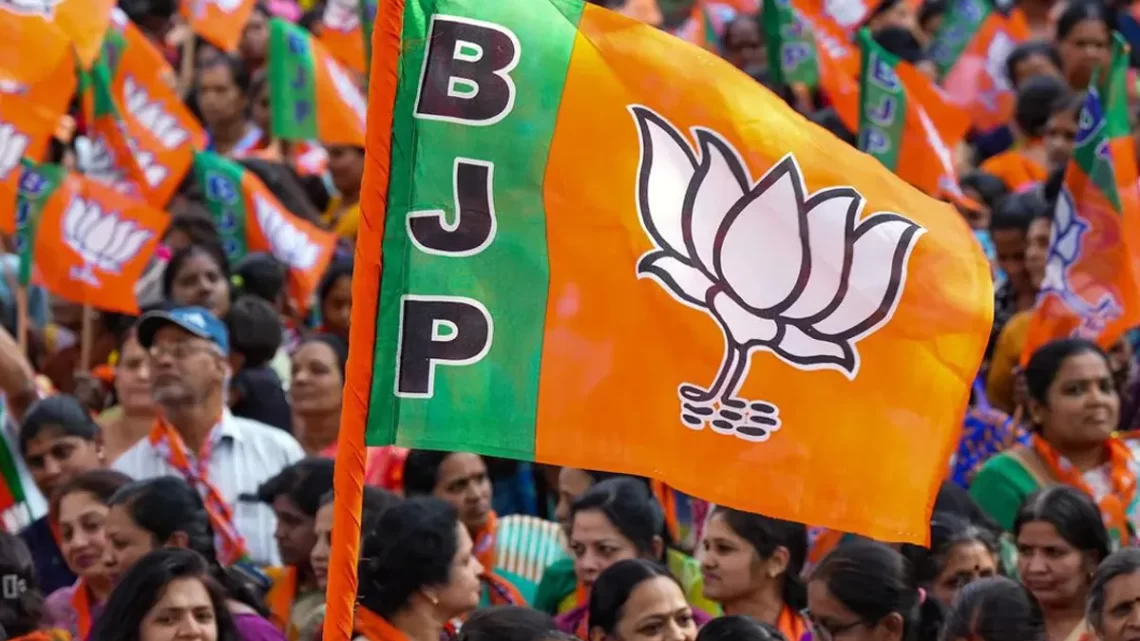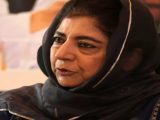
BJP’s Manipulative Schemes in Indian Politics: Lok Sabha Elections 2024
April 18, 2024The Bharatiya Janata Party (BJP), known for its Hindu nationalist ideology, has long been criticized for its divisive tactics aimed at polarizing voters along religious lines to secure electoral victories. As India gears up for the Lok Sabha Elections 2024, the BJP’s unsubstantiated narratives and propaganda tactics are once again under scrutiny for their impact on public opinion and electoral outcomes.
Despite the BJP’s claims of being the sole representative party of Hindus, recent research reveals a nuanced picture of Hindu voter support. While approximately 49% of Hindu voters backed the BJP in the 2019 elections, regional disparities in support were evident. The party garnered significant support in Northern and Central regions, including populous states like Uttar Pradesh and the national capital, Delhi. However, its appeal was significantly lower in the East and South, indicating varied perceptions of the party among Hindu voters.
The BJP’s rise to power has been attributed to its campaign for the construction of disputed Ram temple at the Babri Masjid site in Ayodhya. The destruction of the mosque in 1992 by Hindu nationalists and the subsequent temple campaign helped solidify the BJP’s base among Hindu communities, leveraging religious sentiments for electoral gains.
The recent inauguration of the Ram Mandir just before the elections is viewed as a strategic move by the BJP to sway popular Hindu sentiment in its favor, demonstrating its adeptness at psychological manipulation to garner votes.
Criticism of the BJP’s close ties with Hindu nationalist organizations and its espousal of Hindutva ideology, which marginalizes non-Hindus as foreign to India, has drawn concern from international observers. The United States Commission on International Religious Freedom has highlighted these associations as detrimental to religious freedom and communal harmony in India.
Moreover, despite the Indian Supreme Court’s historical stance against the use of religion or caste for seeking votes, recent rulings seemingly favoring Hindutva politics raise questions about the judiciary’s impartiality and its tacit support of the BJP’s agenda.
The BJP’s electoral strategy also extends to leveraging anti-Pakistan sentiments to mobilize support from specific communities. The party’s instrumentalization of events like the Pulwama attack in 2019, where 40 Indian soldiers were killed, to vilify Pakistan and promise strong action resonated with nationalist sentiments, contributing to its landslide victory in the elections.
Furthermore, the arrest of figures like Yasin Malik, a vocal critic of Indian government policies in Kashmir, underscores the BJP’s suppression of dissenting voices and its crackdown on self-determination movements. By utilizing anti-Pakistan rhetoric and exploiting national security incidents, the BJP adeptly maneuvers public opinion to consolidate its power base.
As India approaches the 2024 Lok Sabha Elections, the BJP’s manipulative schemes and divisive tactics continue to reshape the political arena, raising critical questions about the integrity of electoral processes and the preservation of democratic values in the world’s largest democracy.

